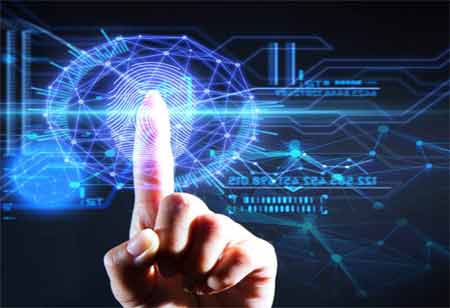THANK YOU FOR SUBSCRIBING
A Pioneering Step Towards Future Biocomputers
Researchers have achieved a significant stride in the realm of computing by harmonizing machine learning with cerebral organoids, and miniature lab-grown models resembling the human brain.

By
Apac CIOOutlook | Wednesday, December 20, 2023
Stay ahead of the industry with exclusive feature stories on the top companies, expert insights and the latest news delivered straight to your inbox. Subscribe today.
Researchers have created biocomputers using machine learning, cerebral organoids, and human brain models, aiming to revolutionize AI technologies by utilizing brain-inspired computing hardware, enhancing power and energy efficiency.
FREMONT, CA: Researchers have achieved a significant stride in the realm of computing by harmonizing machine learning with cerebral organoids, and miniature lab-grown models resembling the human brain. This pioneering amalgamation holds the potential to steer the trajectory toward the development of "biocomputers," poised to surpass the power and energy efficiency of conventional silicon-based counterparts.
Drawing inspiration from the intricate three-dimensional biological network of the human brain, comprised of around 200 billion interconnected cells linked by trillions of nanoscale synapses, scientists are striving to emulate its structural complexity and operational efficiency in AI hardware development.
The team of researchers has leveraged these organoids as an intermediary layer in a computational framework. This innovative approach integrates conventional hardware to transmit electrical data into the organoid, which then processes this information to generate an output.
The researchers further highlighted that brain-inspired computing hardware seeks to replicate the structure and operational principles of the brain, offering potential solutions to existing limitations in artificial intelligence technologies.
The core of this groundbreaking innovation lies in a technique known as reservoir computing. Within this system, the organoid functions as a reservoir, effectively storing and responding to incoming information. An algorithm is trained to discern alterations within the organoid induced by diverse inputs, interpreting these changes to produce outputs.
The researchers explain that they are capable of encoding information—such as visual or auditory data—into the temporal-spatial pattern of electrical stimulation. The algorithm decodes the organoid's response to these patterned electrical stimuli, enabling it to execute computational tasks.
Despite these brain organoids being significantly simpler than a complete human brain, they exhibit an extraordinary capacity to adapt and evolve in response to stimuli, resembling the learning process observed in the brains. This adaptive nature holds the key to the transformative potential of biocomputers in revolutionizing AI technologies.
The ramifications of this research are expansive. Beyond offering a glimpse into the potential creation of biocomputers, it furnishes invaluable insights into the mechanics of the human brain.
This innovative research harnesses traditional computing hardware to input electrical data into the organoid and subsequently decode its activity to generate an output, positioning the organoid solely as the "middle layer" in the computing process.
This pioneering endeavor represents the inaugural instance of integrating a brain organoid with AI, heralding a new era in computing wherein biology and technology converge to unlock unprecedented possibilities.





